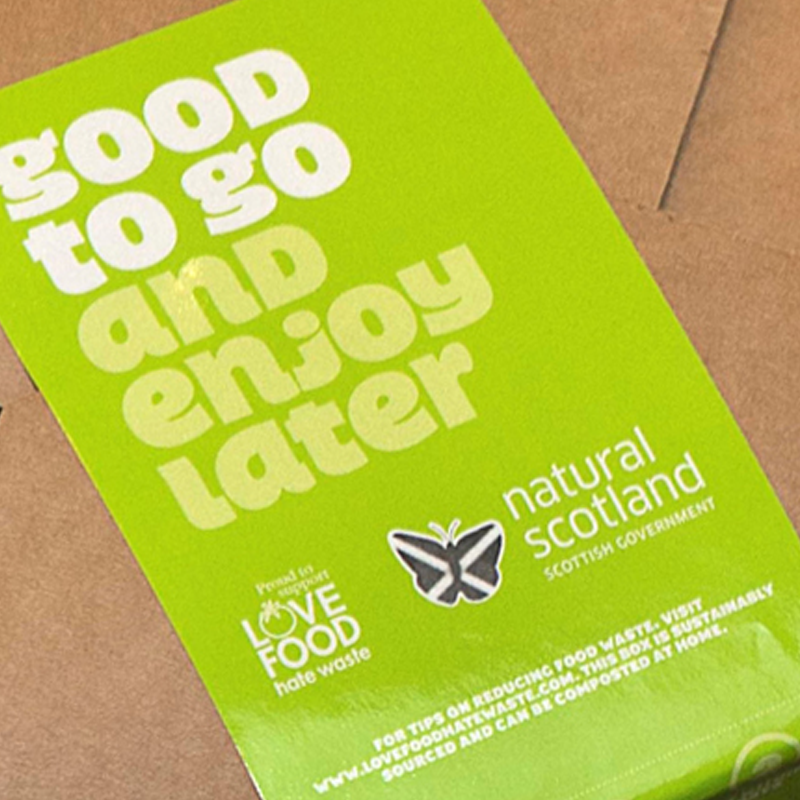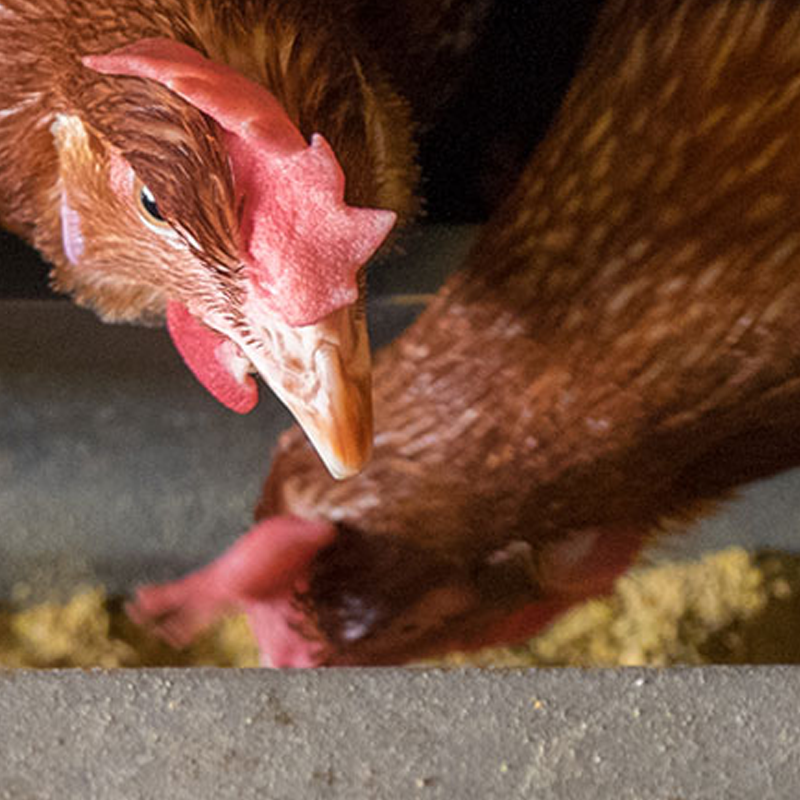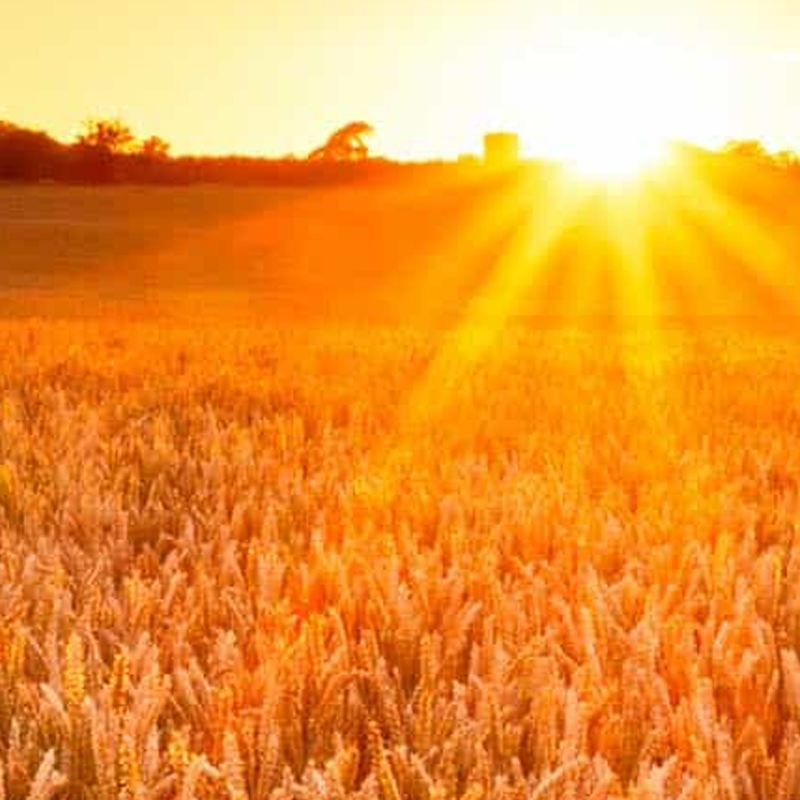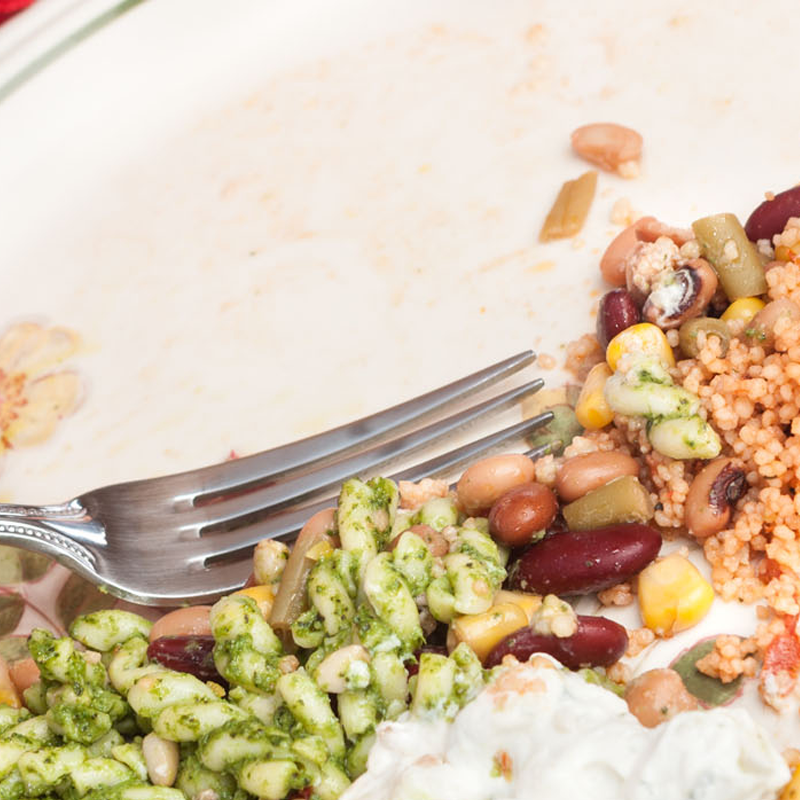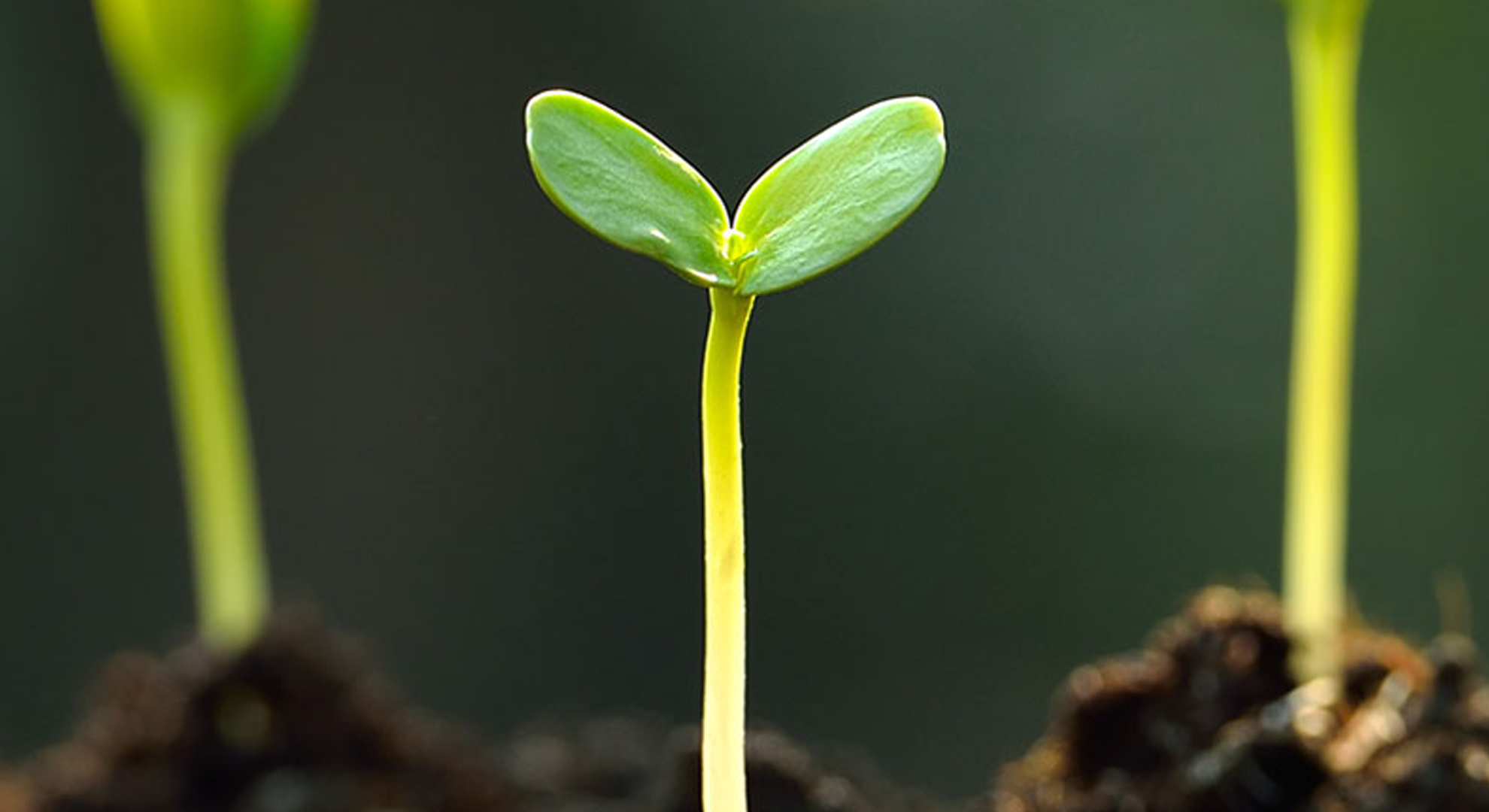
The Future of Food: Unlocking the benefits of Scotlands Circular Bioeconomy - Event Review
Providing a sufficient and sustainable supply of protein is vital to support a healthy human population, a healthy economy and a healthy planet.
It is vital to meeting key targets on cutting carbon emissions to end the climate crisis, and to achieving and maintaining food security and financial security alike to ensure the future prosperity of domestic food networks and the communities which rely on them to survive and thrive.
This one-day virtual event, held in November 2020, bought together policymakers, food systems experts, agriculture and aquaculture specialists, academic bodies, food and drink stakeholders, and pioneering innovators in sustainable proteins to explore how a holistic approach to protein production can address these interlinked problems and enable environmental, ecological and economic benefits through an integrated circular bioeconomy, and the scale of opportunity in Scotland.
The Future of Food
Michael Lenaghan of Zero Waste Scotland explored how the growing global protein demand for both animal feeds and human consumption is creating unsustainable environmental pressures on land, habitat and climate, raising serious concerns about the sustainability of future protein supply, but also highlighting the potential benefits of a new, holistic approach.
The Development of Plant Proteins in the EU
Karel Van Bommel from the European Commission Directorate-General on Agriculture and Rural Development (DG-AGRI) demonstrated the centrality of sustainable proteins for feeds and foods within current and future environmental policy including the Green Deal, Farm to Fork, the CAP and H2020, and established that a strategic approach was critical to support a shift towards sustainable value chains.
Danish Policy and Commercial Developments on New Local Protein Sources
Uffe Jorgensen of the Danish Centre for Circular Bioeconomy (CBIO) outlined how the Protein for the Future national strategy has advanced alternative products with a better environmental footprint with a specific focus on optimising perennial grasses and efficient utilisation of arable land, new plant protein sources to displace imported materials and enhance self-sufficiency, and new protein value chains including starfish, mussels, insects and seaweed.
Plant Proteins: Creating a New Era of Food
Mirva Lampinen from the Finnish VTT institute explained the benefits of a holistic ‘ecosystem’ approach to enabling sustainable food systems and accelerating food innovation through a cross-sectoral approach is creating opportunities for sustainable growth and driving a low carbon economy.
The Scottish Opportunity
Derek Stewart from the James Hutton Institute, Sam Houston of the Scottish Aquaculture Innovation Centre (SAIC), Michael MacLeod from Scottish Rural Colleges (SRUC), Pete Iannetta from the James Hutton Institute, and Antonios Chalaris of Biomar explored the scale and scope of such an approach here in Scotland with reference to future ambitions for sustainable growth in Agriculture and Aquaculture.
Bioeconomy showcase
James Gaffey of Biorefinery Glas, Polly Douglas from Deep branch, Phillipe Mozzanega of Liberty produce, Richard Small from Inspro, Africa Pardavila of Green Protein, Louise Kroch Johnson from Pro-Enrich, Mark Horler of UK Urban Agritech Collective, and Iain Findlay from Green Grow Foods introduced a series of highly innovative circular protein technologies and platforms which could enhance environmental, ecological and economic performance as part of such a strategy.
Unlocking Net Zero
Dr William Clark from Zero Waste Scotland summed up the day by highlighting that Scotland's food and drink ecosystem is a critical component of the economy and that the sustainability potential is massive, and that a coordinated approach to align innovation and industry add significant future stability and value to the system.
Zero Waste Scotland and partners would like to thank all speakers for their contribution and attendees for their interest. If you would like further information or have any comments or feedback please contact: william.clark@zerowastescotland.org.uk.


